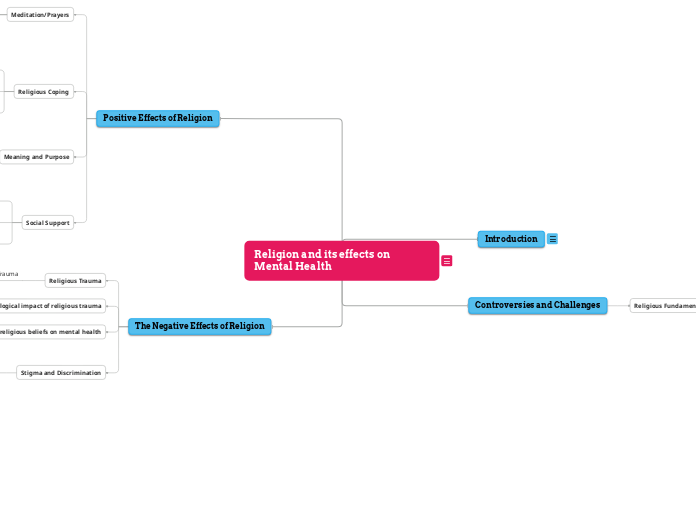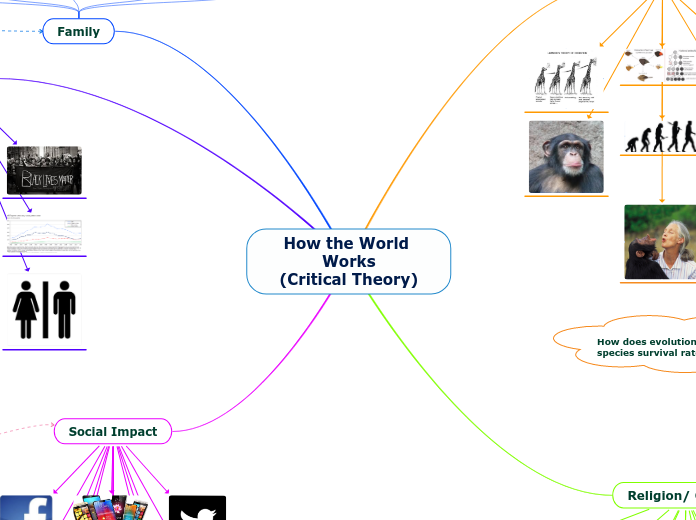arabera Anthony Flores 1 year ago
121
Religion and Mental Health
Exploring the intersection of religion and mental health reveals a complex landscape where both positive and negative effects are evident. Religion often provides a robust framework for individuals seeking meaning and purpose, offering solace through prayer, meditation, and community support.









